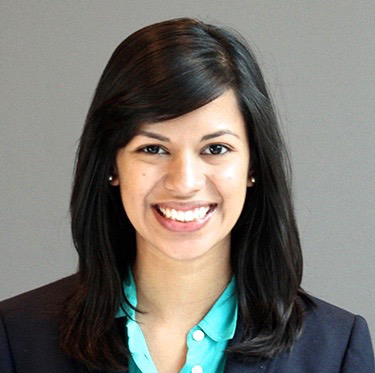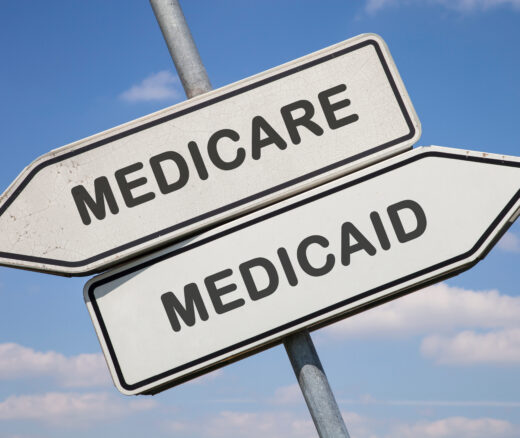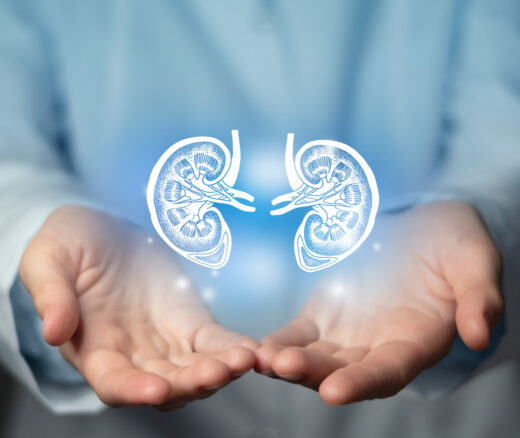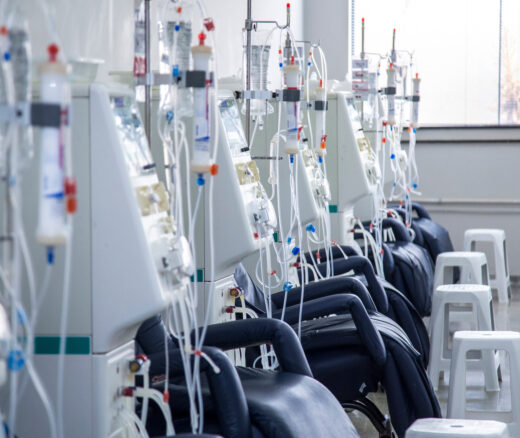The following excerpt is from an op-ed that first appeared in The Philadelphia Citizen on August 30, 2024.
During a recent appointment with their pediatrician, a West Philadelphia parent shared how the family’s electricity had been shut off, putting their children’s lives at risk ahead of the upcoming heat wave. The doctor quickly referred the family to our clinic’s Medical Financial Partnership (MFP), where the navigator used a local non-profit tool to determine that the family was eligible for 15 benefits. community, including electricity assistance. With the support of our team, the family has already applied for five of those benefits – moving closer to getting the help they need to keep their children healthy.
Stories like these are common for families seeking care at Children’s Hospital of Philadelphia (CHOP) and throughout Philadelphia. In partnership with Philadelphia’s Benefits Data Trust (BDT), our team can use BDT’s assessment tool to help families learn if they are eligible for 29 social benefits, and support them through the application process , to ensure they receive the support they deserve.
Unfortunately, BDT ceased operations on August 24. This sudden closure represents a great loss for the citizens of Philadelphia and the fight for health and reduced poverty.
Since its inception in 2005, BDT has connected more than 1 million families in Philadelphia with over $7.5 billion in community benefits. Connecting families with community programs such as Medicaid, the Supplemental Nutrition Assistance Program (SNAP), the Special Supplemental Nutrition Program for Women, Infants, and Children (WIC), and the Heat and Energy Assistance Program (LIHEAP) can improve their lives. and comfort. Studies have found that enrolling in these programs comes with improved quality of life, reduced stress and anxiety, fewer low birth weight and premature births, and less child risk, treatment bad for children and lack of food.
We will not let the BDT shutdown set us back. Together, health systems and community groups here and across the country must come together to promote the health of children and families and help families get the government benefits they need.
Government benefits can be difficult for families to access because of the large administrative burdens they impose…
Read the entire op-ed here.
Writers

Madeline DeMarco, MPP
Resources Coordinator, CHOP PolicyLab and Clinical Futures, Children’s Hospital of Philadelphia

Aditi Vasan, MD, MSHP
Assistant Professor, Pediatrics, Perelman School of Medicine; Children’s Hospital, Children’s Hospital of Philadelphia

More on Health Care Access and Security

Blog post
Access to Health Care and Safety
Heart Patients Exercise Better Using Games and Motivation to Save Money, New Study Shows
Behavioral Interventions Can Boost Physical Activity and Promote Heart Health

Blog post
Access to Health Care and Safety
How For-Profit Hospitals Are Charged More Than Not-For-Profit Organizations For Medicare Outlier Payments: A Case From The Early 2000s.
For Profits it was also easier to use New Revenue in Executive Pay and Cost Sharing

In Their Own Words
Access to Health Care and Safety
To Help People on Medicare and Medicaid, We Must Pay Providers of Shared Care
People Enrolled in Both Medicare and Medicaid Get the Most Needed Care, LDI Association Shows.

In Their Own Words
Access to Health Care and Safety
Advancing Equity in Kidney Transplantation Through an Incremental Approach to Kidney Transplantation
LDI Fellows Discuss Equality in Healthcare First

Blog post
Access to Health Care and Safety
Why Latino Immigrants Say They’re Avoiding Antenatal Care—And What’s Driving Its Use
Community Members Share Ways to Increase Confidence and Reduce Anxiety About Getting Care

Blog post
Access to Health Care and Safety
6 major obstacles preventing patients from doing home dialysis
Patients, Caregivers, and Providers Describe Administrative Problems with Home Dialysis
#Closing #NonProfit #Organization #Harm #Childrens #Health #Threaten #Finances #Poor #Families